We are thrilled to announce that four fabulous scholars will be joining the IBioS Collaboratory between 2022 and 2023. They are exceptionally talented scientists who are passionate about biodiversity and related topics. Please welcome our new Assistant Professors.
Joséphine Gantois
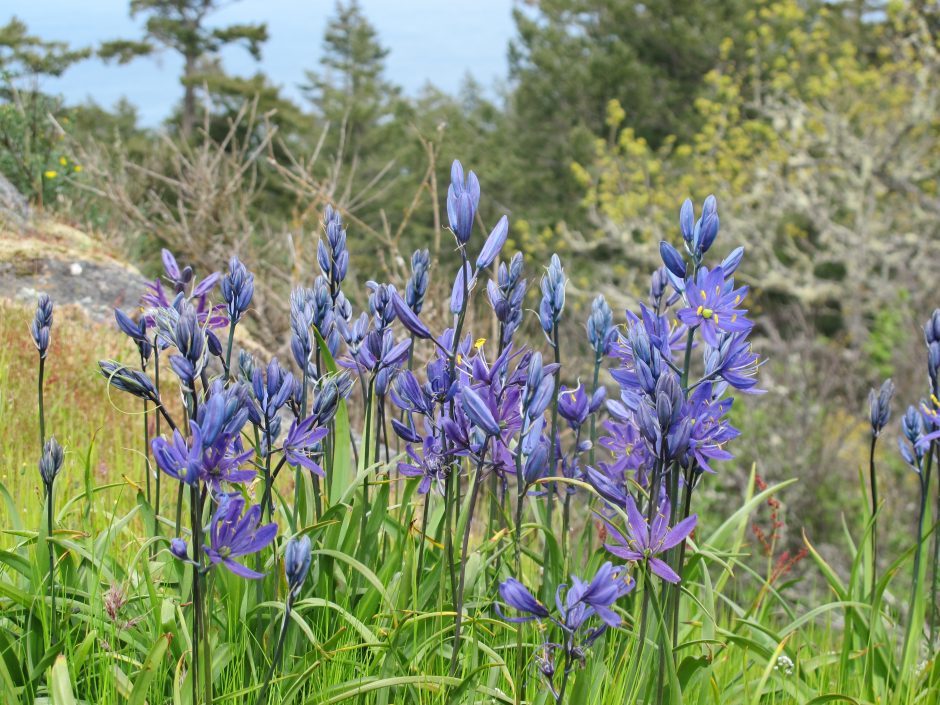
Photo by Joséphine Gantois
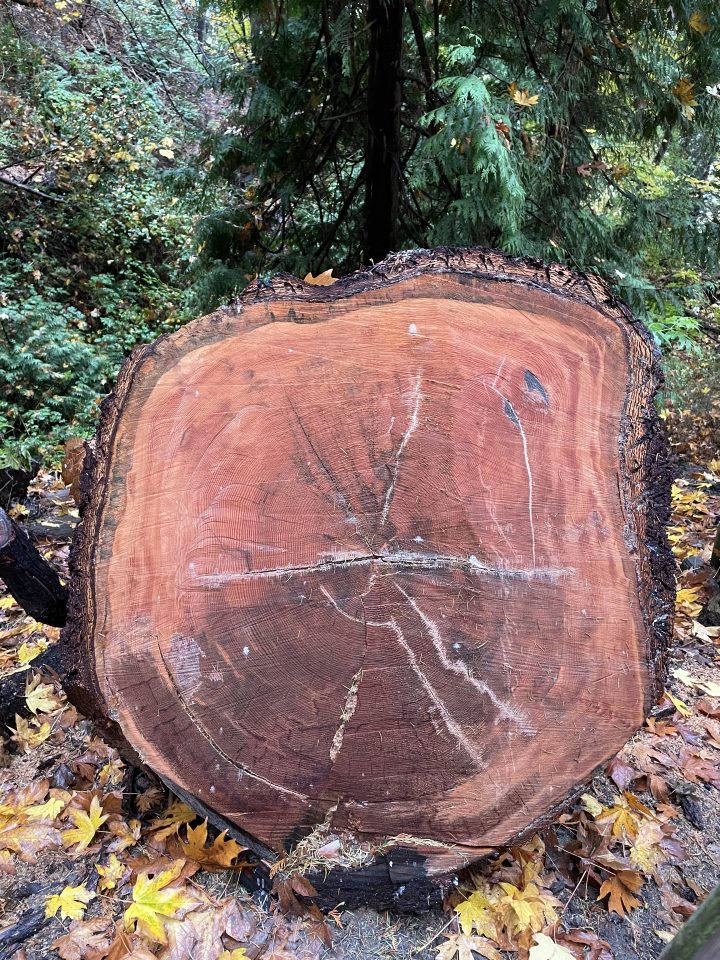
Photo by Joséphine Gantois
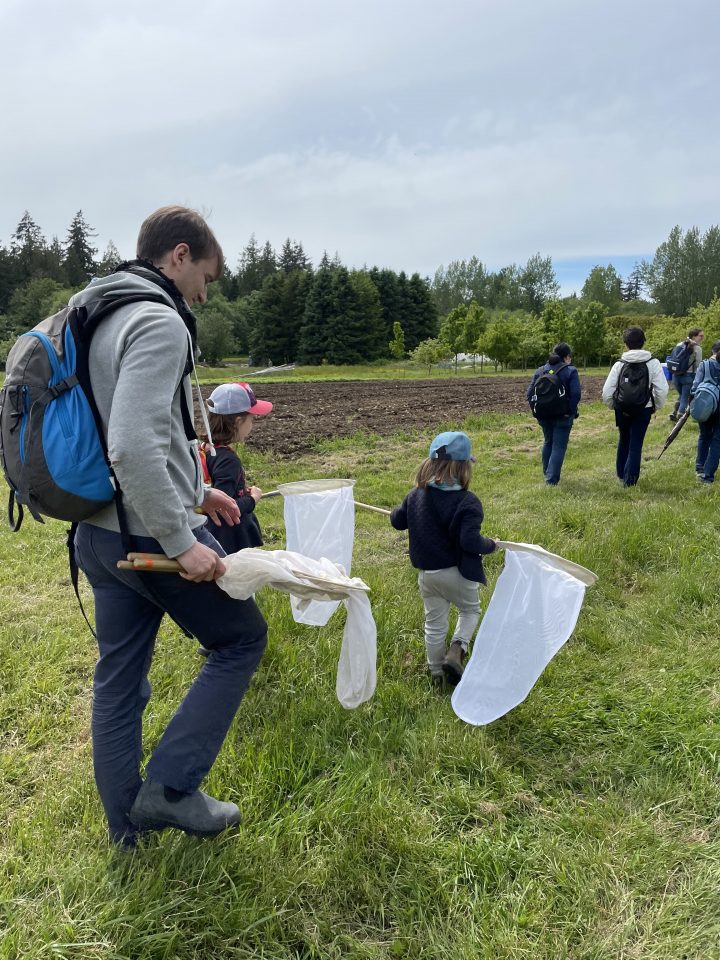
Photo by Joséphine Gantois
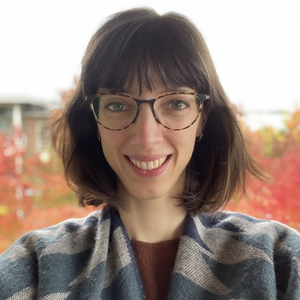
My love of nature, and desire to find ways to live in harmony with its treasure troves of diversity while staying grounded in social and economic realities, is not one that I was born with, but one that has grown steadily over time. In part, it came out of a puzzle, where I was trying to reconcile an early fondness for abstract mathematics, a strong desire to improve societal outcomes, and a growing awareness of environmental issues. It might also have come from loving the little things, and noticing birds going silent in my grand-parents’ backyard; from admiring nature’s exquisite intricacies, while taking intellectual delight in identifying well defined problems within complex systems. In any case, I take great pleasure in the observation of nature, especially in miniature form, and that which surrounds me in everyday life. A lesson well taught by children and their quick eye for the extraordinary, which often lies right there, hidden in plain sight within the ordinary.
Today, I identify as an interdisciplinary scientist, primarily trained in economics and ecology. I am passionate about answering questions as rigorously as possible, using a variety of tools and approaches. I hope to contribute to understanding and addressing the human ecological footprint by (1) developing solutions to reconcile urgent land conservation goals in agricultural regions with farmer and agricultural stakeholder incentives, (2) measuring and studying species and ecosystems at large scales, and (3) estimating the causal impact of land use choices and conservation policies on biodiversity. I am also unreasonably excited by the idea of listening to sounds underground, as a way to perceive differences in richness and resilience of soil communities and structure, across a gradient of agricultural management practices. These days, I spend most of my time connecting with Canadian farmers and agricultural stakeholders, working with large scale tree ring, flowering, weather, and satellite data, and discovering the gorgeous ecosystems, plants, and insects of British Columbia.
Kaitlyn Gaynor
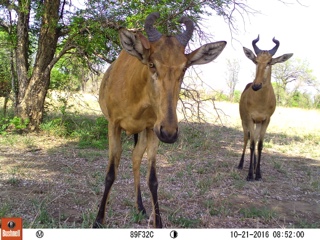
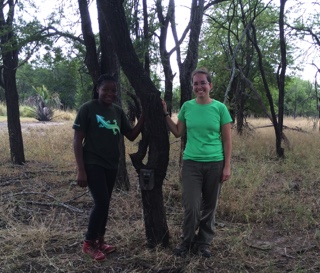
Photo by Kaitlyn Gaynor
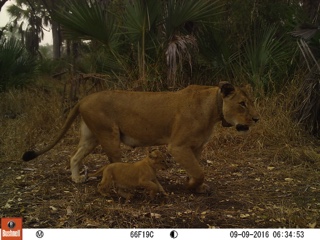
My entry point into science was a fascination with animal behavior. As I spent more time observing wild animals, I came to realize that so many aspects of their behavior are shaped by various forms of human disturbance. My interests have since evolved to include the cascading consequences of human disturbance for ecological communities, and the social dimensions of human-wildlife coexistence. My current research program is thus grounded in a fundamental interest in behavioral and community ecology, with an increasingly applied and interdisciplinary focus, and collaboration is my favorite aspect of research. I’m excited to be joining the IBioS Cluster alongside an amazing team of researchers across fields, united by a common goal of improving outcomes for people and biodiversity.
One of my ongoing field research projects is based in Gorongosa National Park, Mozambique. Gorongosa is the site of a rare biodiversity success story, providing hope for ecosystem restoration on a changing planet. During Mozambique’s civil war, more than 90% of the large mammals in the park were wiped out as food insecurity and conflict drove an increase in hunting. Over the last decade, however, conservation efforts have facilitated a remarkable comeback of Gorongosa’s wildlife. In 2016, my colleagues and I set up a grid of remote, motion-activated camera traps to monitor spatial and temporal patterns in wildlife diversity, distribution, and activity patterns as populations recover. Since then, large carnivores have been reintroduced into the system, offering a natural experiment to better understand predator-prey interactions. We are currently processing recent data downloads on WildCam Gorongosa, our community science platform where volunteers around the world help classify animals in the images while learning about conservation. Our hope is that this longitudinal camera dataset can provide valuable insights into ecosystem recovery in a human-modified landscape.
To learn more about my research program and opportunities to join my group at UBC, please check out my new lab website.
Juliet Nadeau Lu
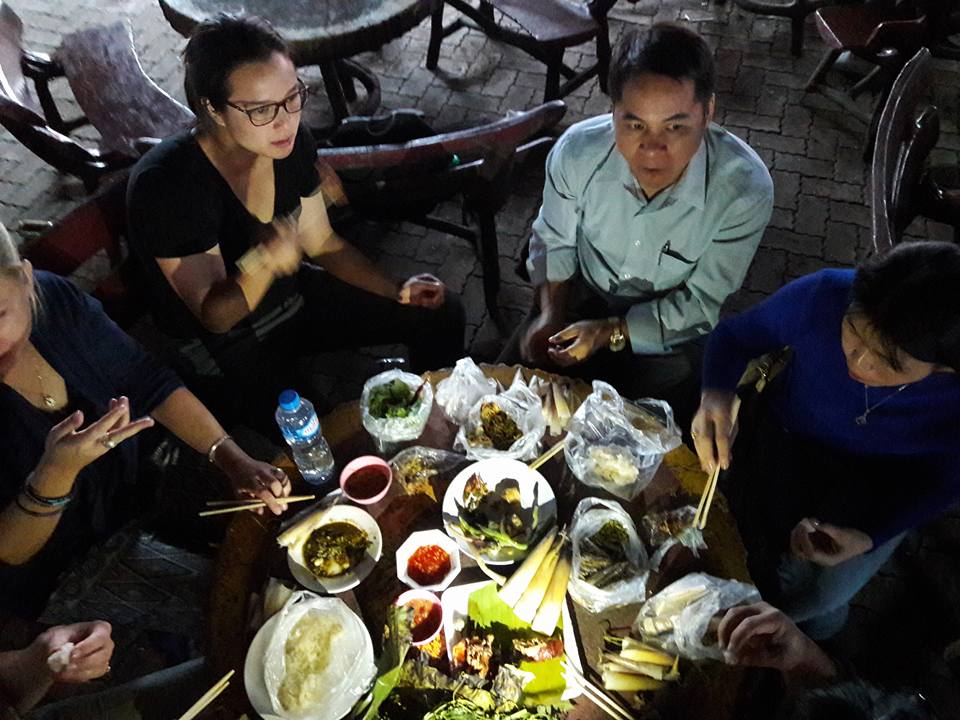
Photo by Phokham Latthachack
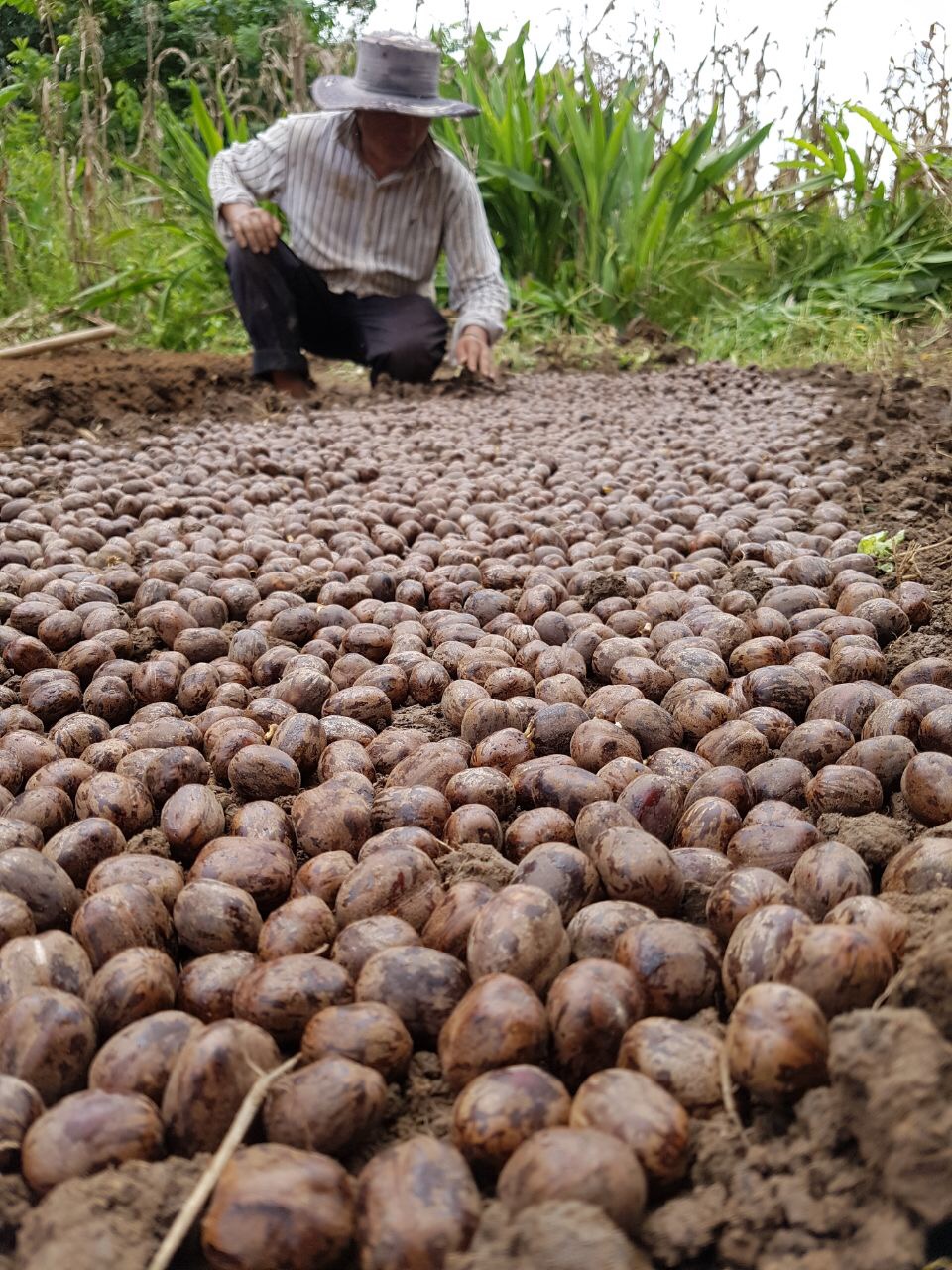
Photo by Photo by Chansamone Souvanhsai
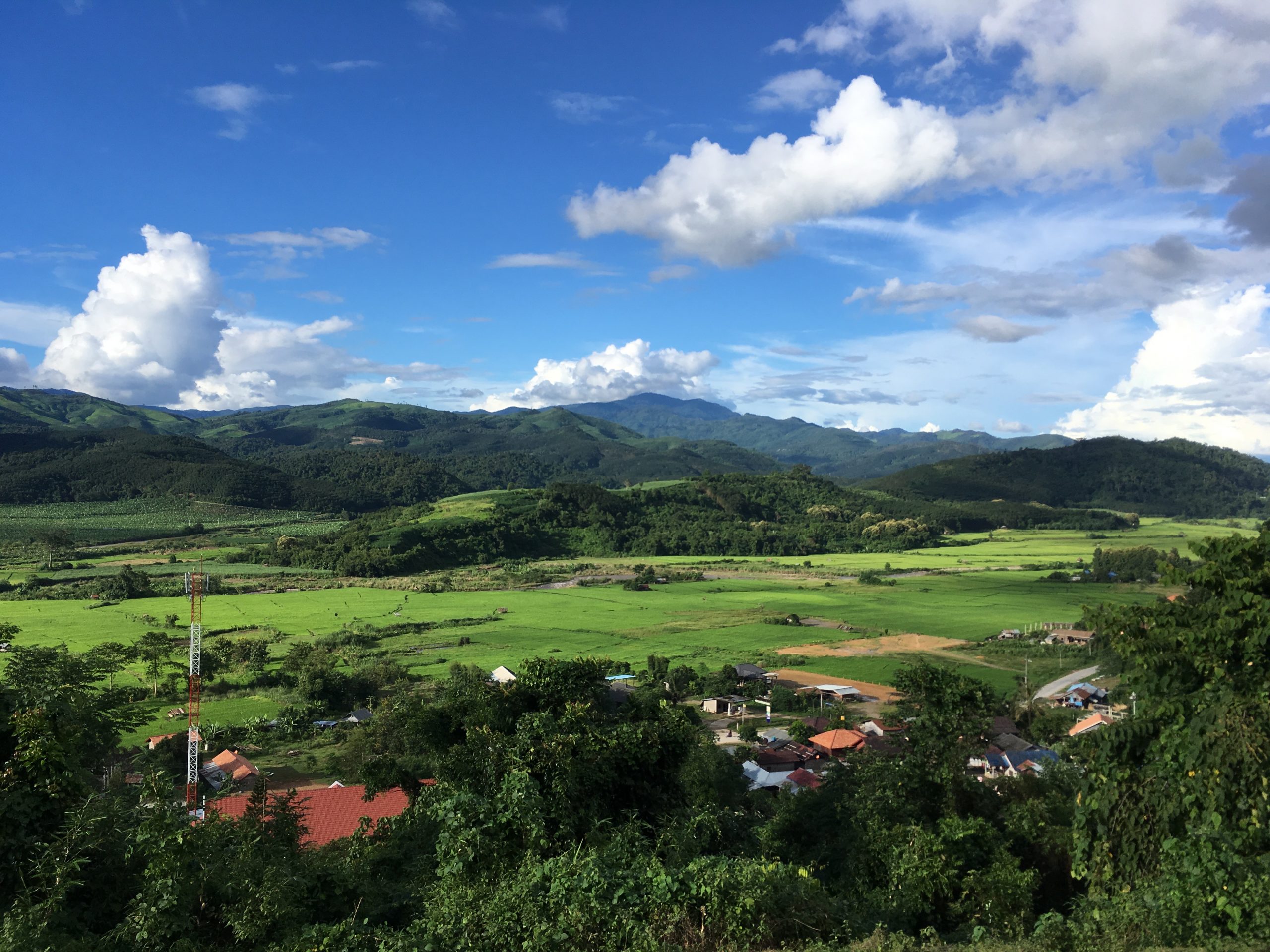
Photo by Juliet Lu
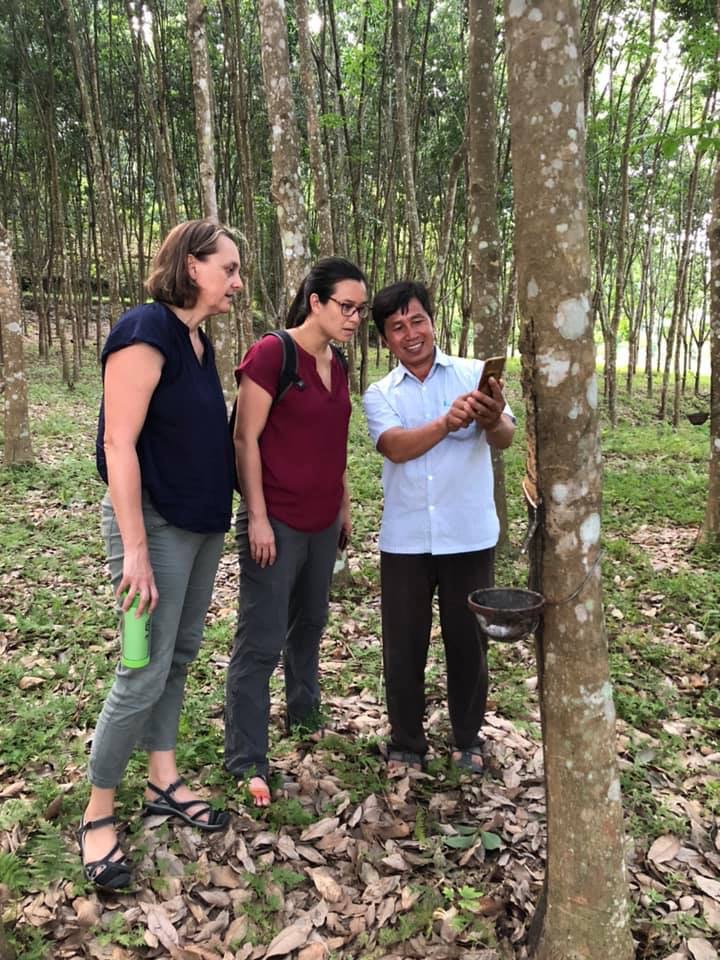
Photo by Soytavanh Mienmany,
I became interested in understanding the political and economic pressures on biodiversity while living in the Mekong Region for many years. In this region, as in many others, conservation efforts are often portrayed as obstacles to economic development. This is partly because development is narrowly pursued through monoculture plantation production systems. In my work, I aim to see beyond this false dichotomy between biodiversity and prosperity to envision more effective and equitable alternatives.
My research is focused on the social, political, and environmental implications of China’s growing investments in land and resources across the world. Specifically, I study Chinese land investments in large-scale rubber plantations, which have been a major driver of deforestation in the Mekong Region. As a political ecologist, I understand environmental conflicts and struggles over resources as having deep, complex histories at the root of which almost always lies a story of unequal and shifting power relations. My research touches on two global trends pivotal to efforts to restore and protect biodiversity. First, I examine the market and policy factors driving the expansion of large-scale monoculture plantations at the expense of complex smallholder-managed agricultural production systems. Second, I study emerging sustainability and conservation initiatives as they engage Chinese actors along global rubber supply chains.
My favorite part of this work is getting to travel, to see different types of productive landscapes, and to meet and interview a fascinating range of people. I conduct field work primarily in rural areas of Laos and China, and mostly in the borderlands of the two countries, where resource extraction, agricultural production, rural development schemes, and cross-border movement of people, goods, and ideas are all entangled. I love working in these borderlands because they are places where ideas of the nation and territory, of identity and belonging, of resource access and possession, are especially flexible and thus can reveal my own biases and assumptions. I am delighted to be starting at UBC as an Assistant Professor in the School of Public Policy and Global Affairs and in Forestry Resources Management. I am looking for students interested in joining my Global Political Ecology Group, in which we will focus on grounded research around land conflicts, agriculture and tree plantation-driven land use change, and Chinese investments. Finally, I really enjoy public engagement and communicating research beyond academia. As part of this, I co-host the Belt and Road Podcast with Erik Myxter-Iino, which covers the latest news, research and analysis on China’s growing presence in the developing world.
Alex Moore
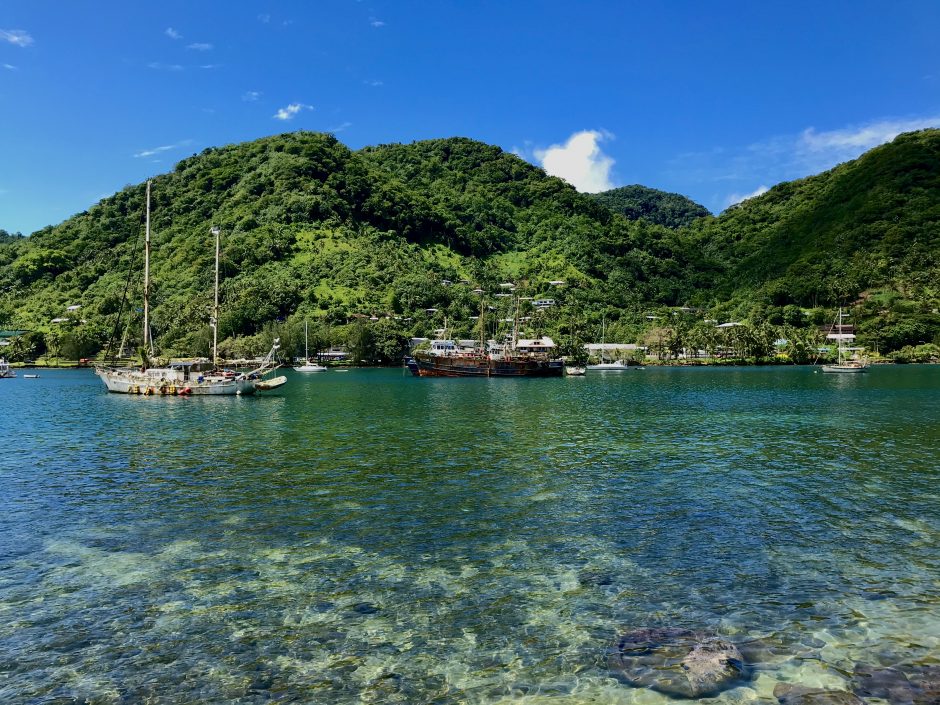
Photo by Alex Moore
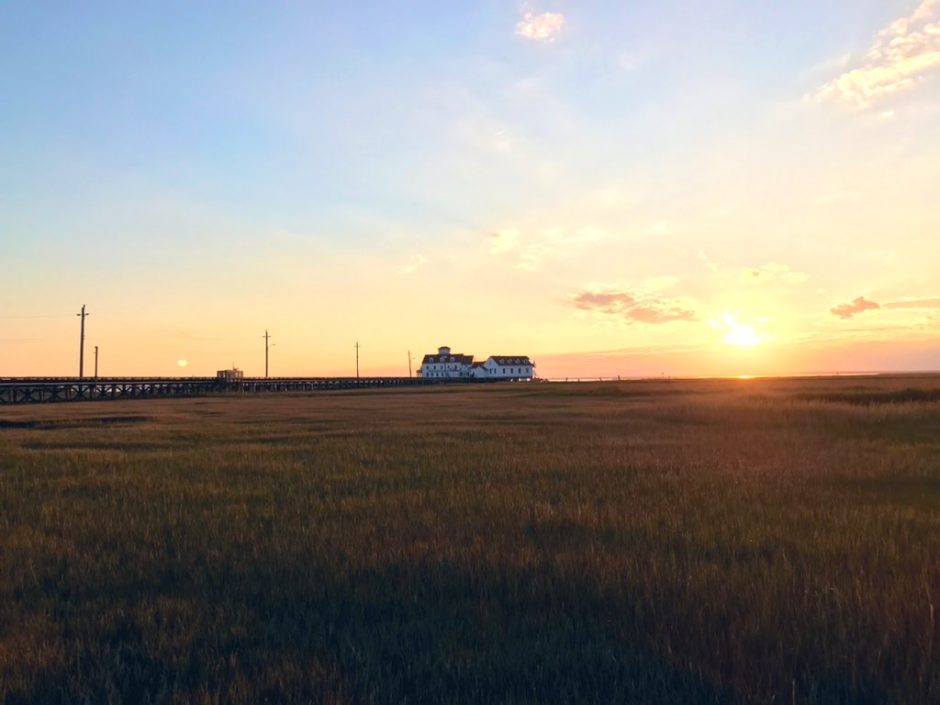
Photo by Alex Moore
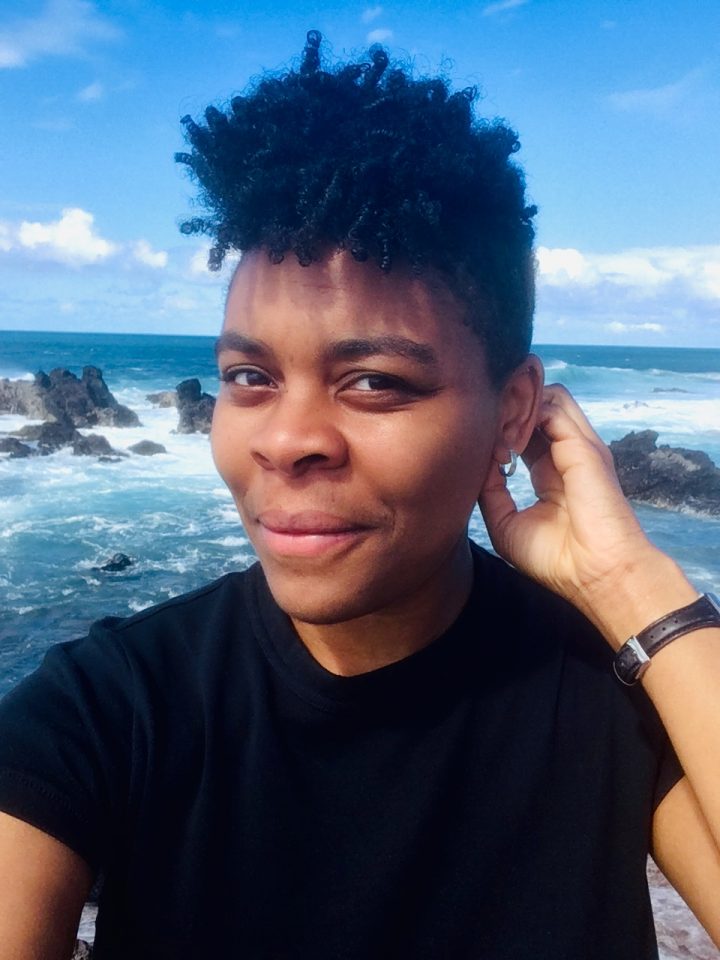
Photo by Alex Moore
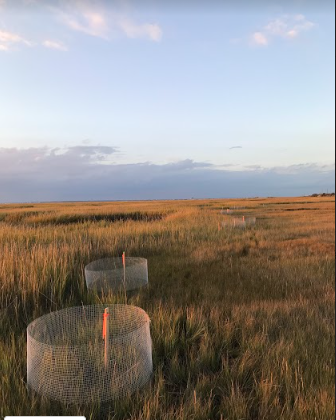
Photo by Alex Moore
Growing up in the Midwestern suburbs of Ann Arbor, Michigan, I spent my after school and weekend hours watching TV shows that reflected a world I didn’t have access to: “Man vs Wild,” “Planet Earth,” and “Deadliest Catch” on the Discovery Channel, “The Jeff Corwin Experience” and “The Crocodile Hunter” on Animal Planet, and any nature programming National Geographic had to offer. This intrinsic gravitation to nature, coupled with a strong desire to see it in person and use inclusive and equitable approaches to protect it, informed every choice that I made in my educational journey and in the work I do today. My current research program has two core objectives: (1) To understand how species and their interactions influence the health and functioning of coastal wetland ecosystems and (2) To engage with local communities to make sure that land management practices and equitable and inclusive of their needs and values. This work encompasses a variety of geographic regions, including the northeastern and southeastern United States, the Pacific Islands, and Southeast Asia where I am currently establishing new research collaborations. Through this work, I hope to improve conservation and restoration outcomes by incorporating ecological knowledge and engaging with the local communities most directly impacted by conservation practice and policies. To learn more about my research program and opportunities to join my group at UBC, please visit my new lab website.